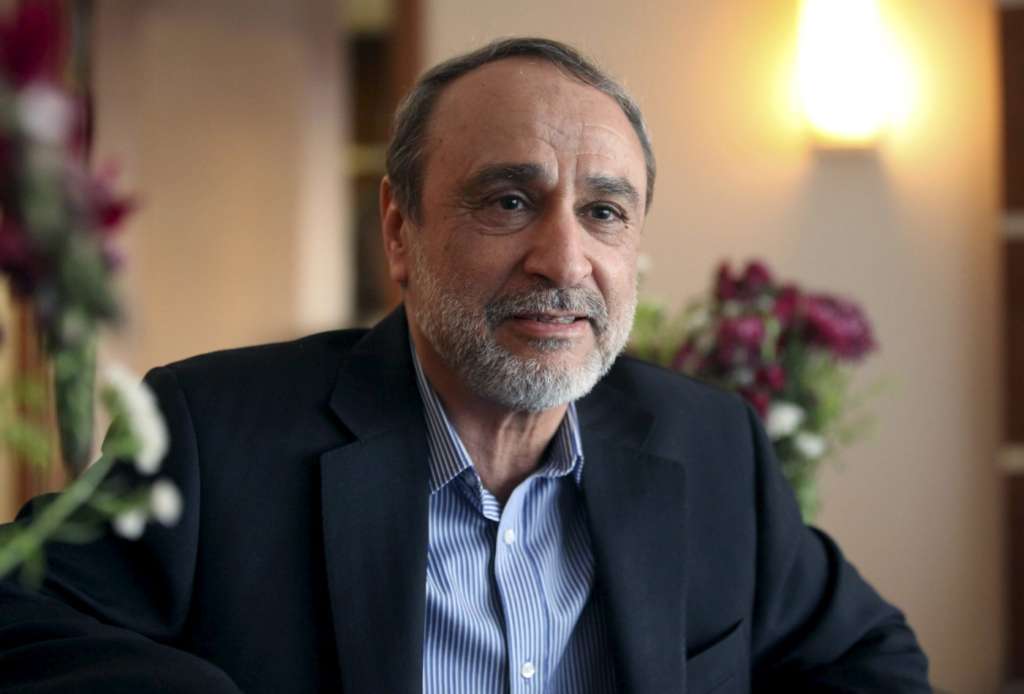Tripoli-Despite fight against ISIS in Sirte and the political disputes among Libyan politicians and parties, Chairman of the Libyan High Council of State Abdulrahman al-Sweihli has envisioned from his office in Tripoli a secure future for his country, which has been living in chaos since the fall of Muammar Gaddafi’s regime in 2011.
Sweihli revealed in an interview with Asharq Al-Awsat newspaper, few hours before U.S. Department of Defense announced targeting ISIS in Sirte through air strikes on Monday, that the Libyan Supreme Council took the decision to establish the force executing the operation against ISIS.
He said that the Supreme Council is, and has always been, the greatest supporter for “Al-Bunyan Al-Marsous” operation, and he called on the Presidential Council and the international community to fulfill their obligations towards those involved in the fight against ISIS.
On whether it is possible for Al-Bunyan Al-Marsous forces to cooperate with the Libyan army, which is led by General Khalifa Haftar, to eliminate ISIS in Libya, Sweihli said that the armed group led by Haftar is not the army; however “we have to unite our forces in the fight against ISIS,” he added.
He said that uniting these forces must fall in line with the exclusive state’s responsibility in the fight against terrorism as stipulated in the political agreement that Haftar refused to accept.
The Libyan High Council of State, which is considered one of the supreme authorities in Libya, was formed following the Skhirat agreement that was sponsored by the United Nations.
Back then, the Council members elected Sweihli to become the chairman.
When told some observers see that Libya’s problem lies in the presence of militias and armed factions that emerged after the fall of Gaddafi’s regime, Sweihli said that: “One of the most important requirements for building a modern Libyan state is to establish a strong security sector with it being the sole power, and this is what we have asked for since the days of the national conference and during negotiations. We are also trying to urge the National Accord government to work on this.”
“We have to admit that this mission is difficult to achieve, especially when one of the armed groups decide that it represents the state’s army and all the other factions are not but terrorist groups that do not have the right to participate in establishing a united national army as stipulated in the political agreement,” he added.
